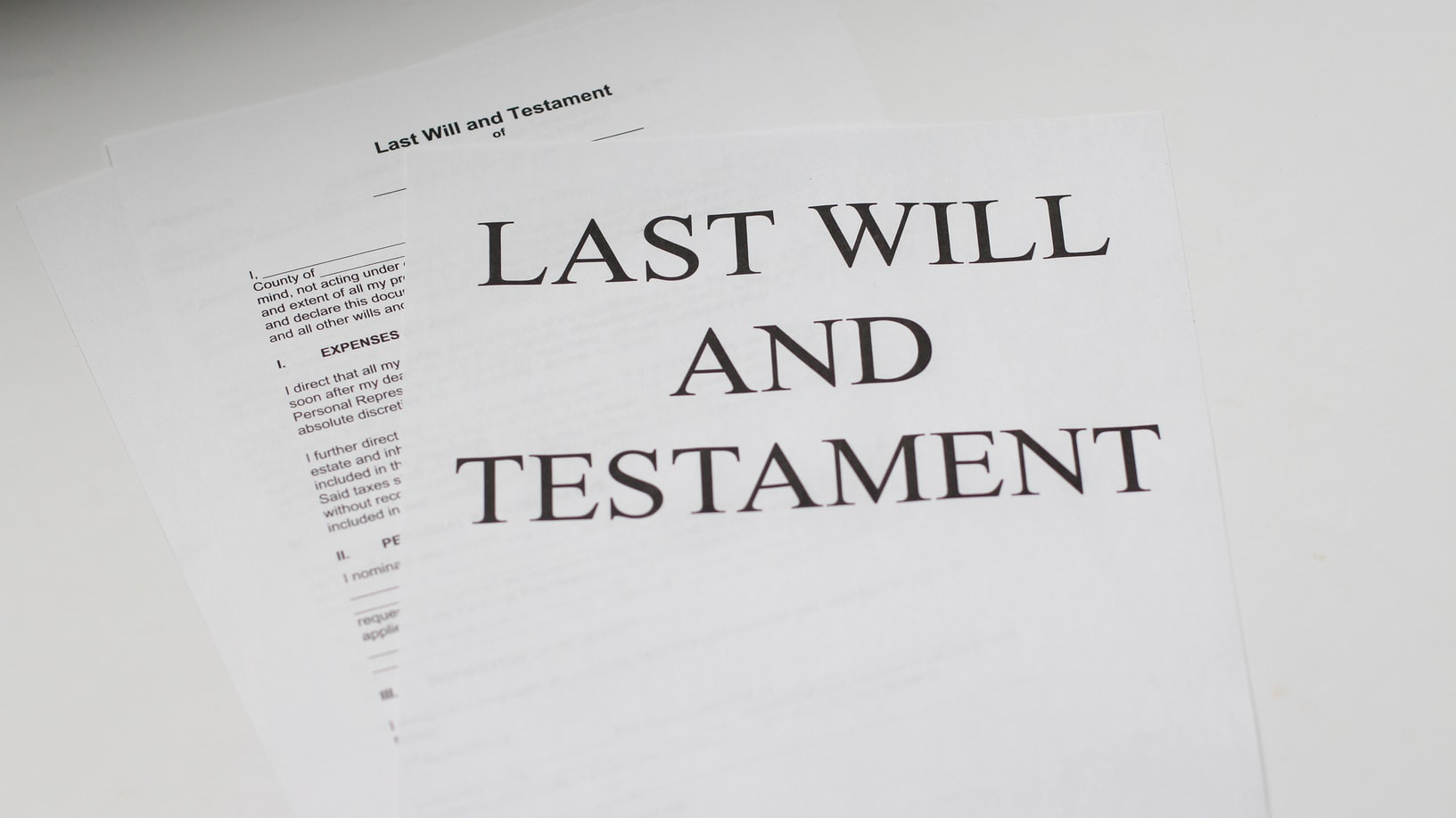A will is the foundation of future planning. Home will kit makes it easier to write a will on your own. However, it might get complicated and lengthy by mentioning assets and liabilities that shouldn’t be there. Following are a few assets that should not become part of a will. And to ensure you understand every inch of the way of the estate planning process, seek assistance from an expert estate planning attorney.
Assets in a Trust
The assets that have been mentioned in a trust will automatically move to the beneficiary when the “will” become active. The same goes for assets that are part of the irrevocable or living trusts. However, when the will becomes active, the court will assess the trust documents and transfer them upon evaluating that everything is correct.
Going through the court is usually expensive, and a slight hiccup can complicate matters for your family. Therefore, we suggest transferring the assets to a will rather than any sort of trust to avoid expenses and save yourself valuable time. The estate planners have proper tools for easy passing.
Co-Owned Assets
A statement of will only covers the assets that a single person owns. Therefore, when it comes to assets that are in joint tenancy or community-owned, they will supersede the bill. These assets will pass to the remaining owners when a single owner dies. A new ownership deed will be constructed, mentioning new particulars and shares in ownership.
Therefore, mentioning an asset in a will that is jointly owned will not have any effect. You may have a more considerable influence where the asset transfers if you have the majority shares in the ownership. Overall, avoid jointly owned assets in the will.
Designated Assets
Numerous kinds of assets transfer directly to the named beneficiary without any further planning. Since the beneficiaries are named, the executor is legally obligated to transfer the assets in their complete form to the new owners. The new beneficiary can be an individual, organization, or institution.
Such assets include retirement assets and pension savings, life insurance policies, bank accounts withdrawn on death, and transfer of bonds, stocks, and vehicles. Consult an expert on which assets come under designated assets and which do not.
Pets
Pets are not considered legal owners under the law simply because of their incapacity to think logically. However, they are termed personal properties. Therefore, if you decide to name the pet as owner, you will be void. The assets will transfer to the state, and any legal claims the spouses and kids did have will be fought in court. The case may last for a few years.
We understand pets are very dear to you. Therefore, to make sure the pets are not neglected, you can name a guardian for them. The guardian will receive a specific allowance every week or month to fulfill pet-related responsibilities.
Start on Your Will Today!
Are you unsure where to get started? You may want to visit this website with expert assistance to begin future planning. Your “will” be created under the leadership of professional estate planning. The service will distribute the assets exactly how you want for peace of mind.

